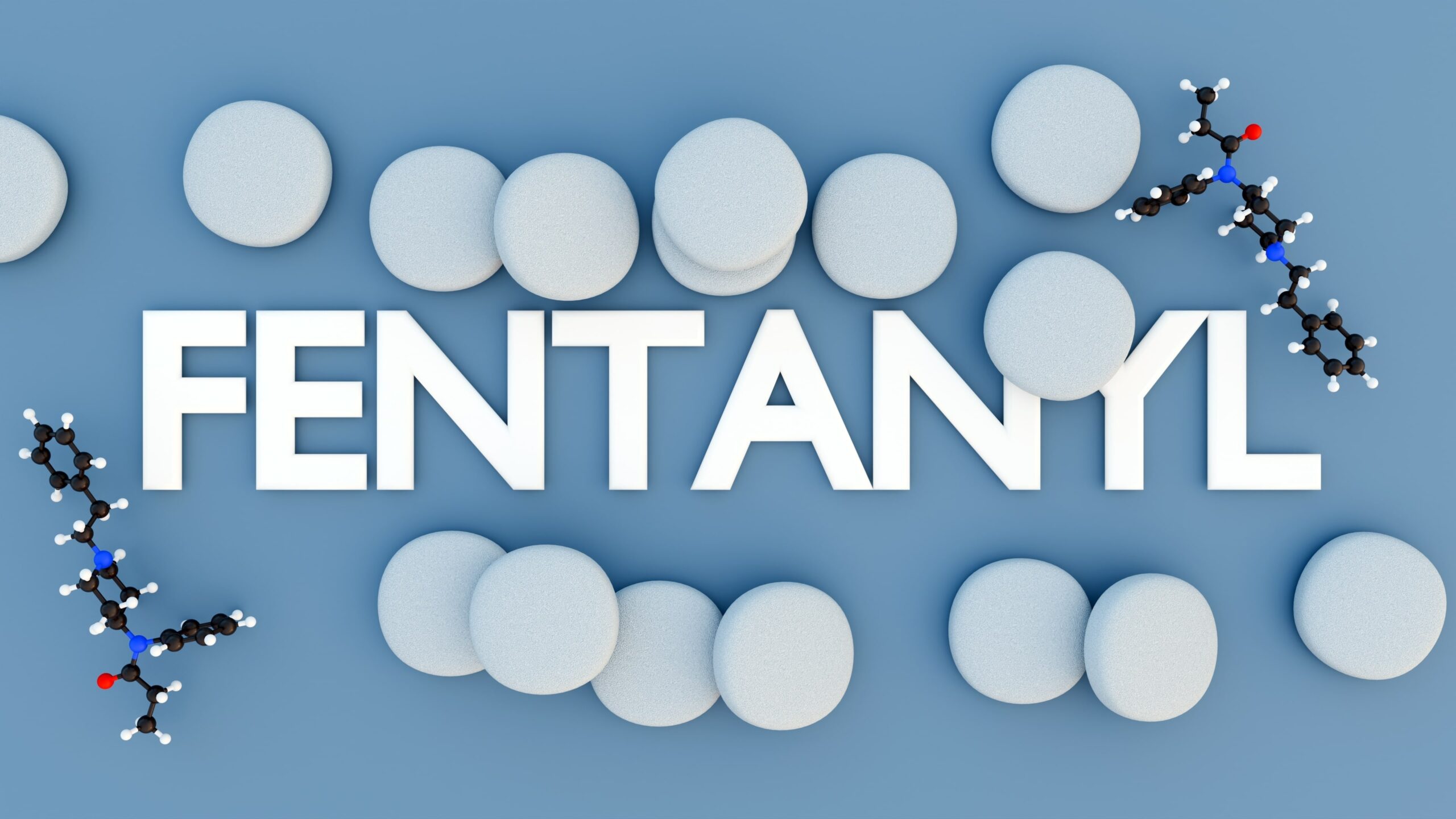Many of these deaths could be prevented. Sadly, those with the power to intervene are often scared to do so because they have also been participating in illegal drug activity and are fearful of being charged with drug crimes. In response to this problem, Utah legislators are considering a measure that 15 other states have already enacted. The legislation, commonly referred to as a “good Samaritan” bill, would provide some measure of immunity to individuals who report a drug overdose to police or other emergency responders.
A fatal overdose case from 2005 illustrates how this bill could potentially save lives. In that case, an 18-year-old girl had overdosed on heroin and cocaine. Two friends had been with her at the time and were also apparently using drugs. In response to the OD, one had a phone in hand and wanted to call for help, but the other talked him out of it. Instead, they dumped her body in the Bountiful foothills either before or shortly after her death.
In situations like the one described above, those who fail to report a potentially fatal overdose do not stay silent because of indifference or callousness. Most often, they are fearful of being prosecuted for drug crimes and may not be thinking clearly because they are high or drunk.
The proposed good Samaritan bill probably won’t reduce rates of illegal drug use. But it could significantly reduce the number of preventable overdose deaths by sending the message that preserving human life is a higher priority than punishing illegal drug activity.
As one state representative has noted: “Young people don’t always make the best decisions, but they don’t deserve to die.”
Source: Salt Lake Tribune, “Utah may try to cut OD deaths with ‘good Samaritan’ law,” Dan Harrie, Dec. 2, 2013


